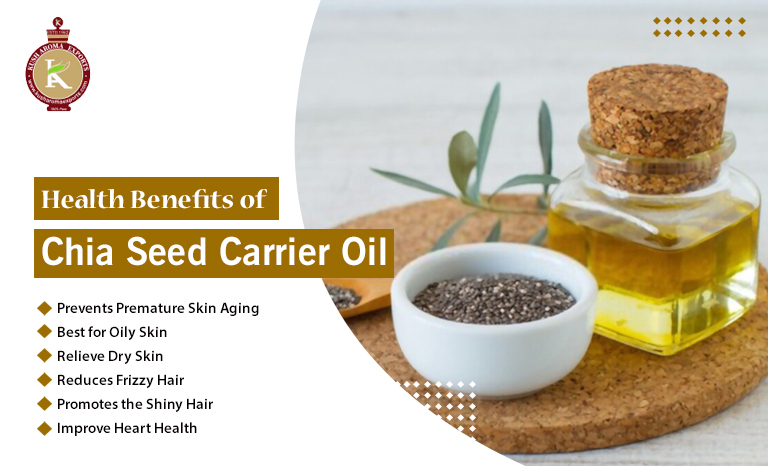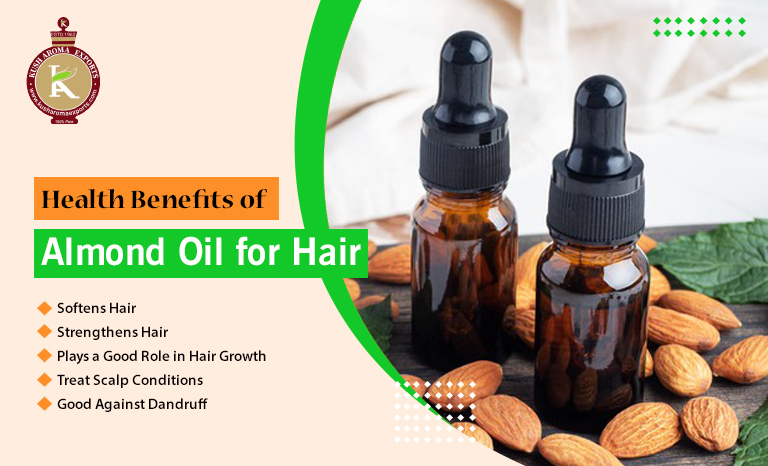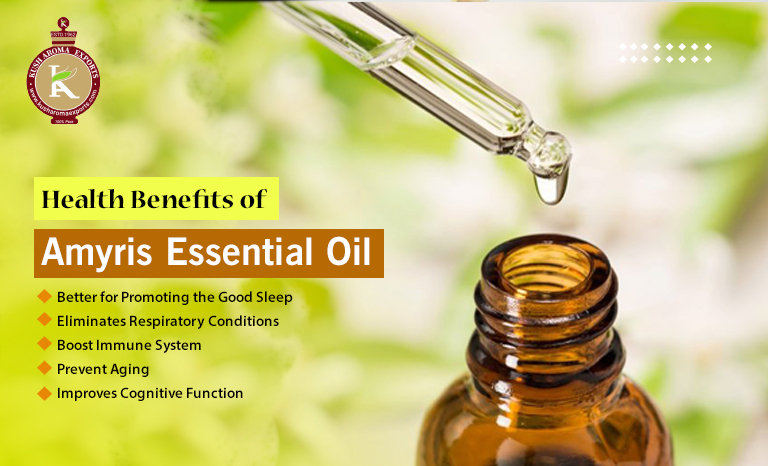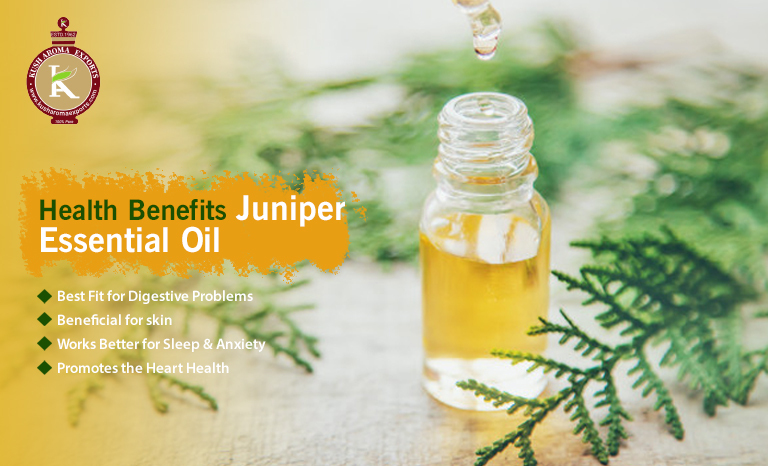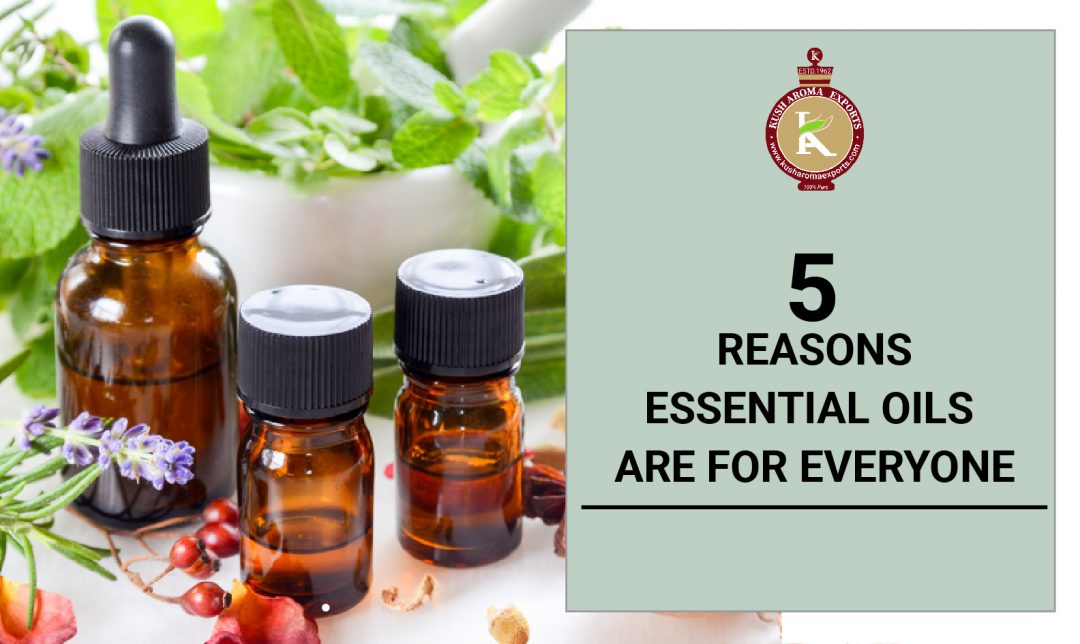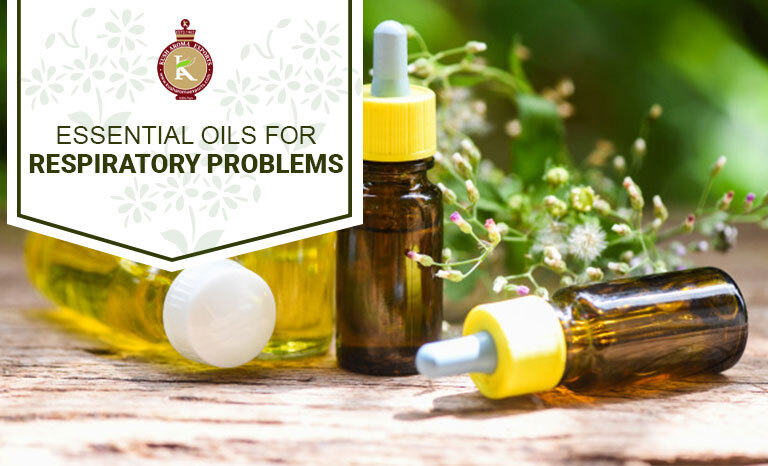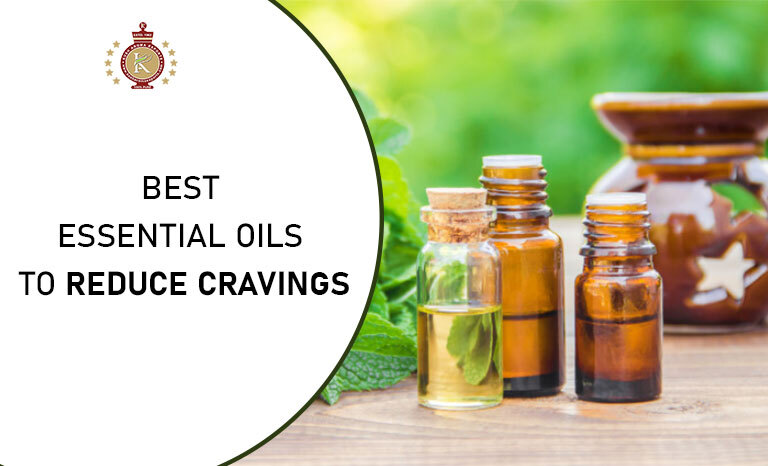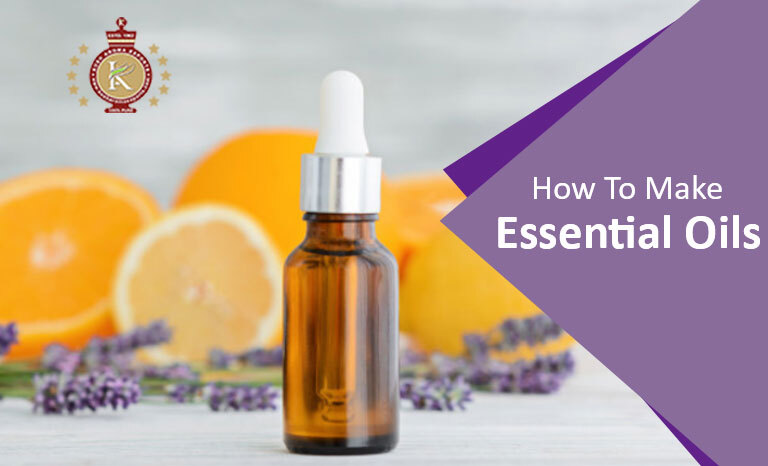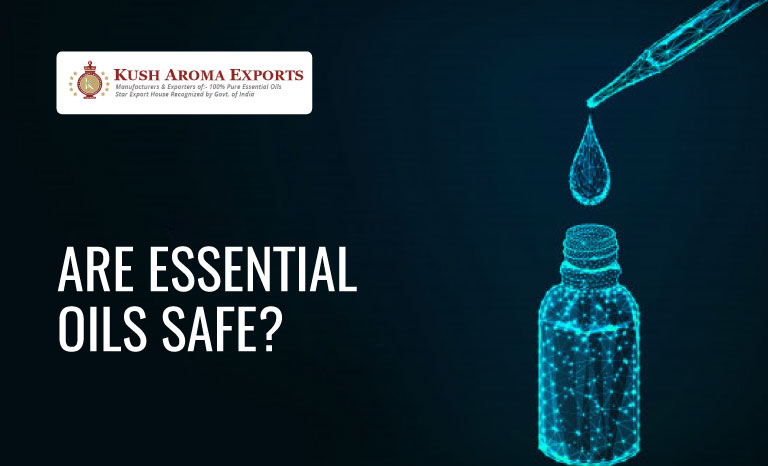Chia seed carrier oil is extracted through the process of cold-pressing where seeds of Salvia hispanica L., chia seeds are used. This natural product is enriched with antioxidants, healthy fats, vitamins, and minerals. In this section, we will discuss the health benefits of chia seed carrier oil.
Chia seed carrier oil has Omega 3 and Omega Essential Fatty Acids which are considered good for healthy and good-looking skin. This natural product contains powerful antioxidants and Phytonutrients. Chia seeds carrier oil is well known for preventing the signs of aging skin.
Today. The world’s natural product market is flooded with robust natural products including – essential oils, organic essential oils, attars, floral waters, etc. All these products have their own significance and importance therefore widely used in cosmetics, pharmaceuticals, the food and beverage industry, and others. Each and every product has its own benefits for different health concerns.
Many of them have antibacterial, antifungal, antiviral, antimicrobial, antispasmodic, sedative, nematicidal, anti-inflammatory, antioxidant properties. These are widely used in aromatherapy for different applications like for providing relief from anxiety, stress, and depression. As we know, these days, hair problems are common and need special treatment for them. A few natural products are considered effective for hair issues, and helpful for dandruff, nourishing roots, make the hair stronger, soft, shiny, and healthy. We are one of the BEST Bulk chia carrier oil Wholesalers in Australia offering you high-quality products at the most affordable prices.
Chia Seed Carrier Oil Health Benefits
Chia Seed Carrier Oil has so many health benefits – and it’s one of the finest natural products for different skincare products. Chia seed is a versatile natural product having anti-aging properties. Let’s go through the amazing health benefits of the Chia Seed Carrier Oil.
- Prevents Premature Skin Aging
Chia seed oil is widely used for making skincare products where it has high fatty acid. It’s enriched in Omega-3 fatty acid which is found in the form of alpha-linolenic acid. In addition, it has omega-6 and fats like – oleic acid and stearic acid.
Whenever it’s used topically, this natural product provides you better results, if you have fine lines and wrinkles. It protects your skin from ultraviolet rays, skin hydration and provides you healthier skin. Chia seed carrier oil helps in making skincare products and keeps your skin good-looking.
We are one of the top-notch Bulk chia carrier oil Exporters in Canada offering you world-class natural products.
- Best for Oily Skin
Chia seed carrier oil can be the finest choice for you if you have oily skin. It can be suitable for dry to combination skin. It’s excellent for pore-clogging. Chia seed oil is perfect for irritation as well.
- Relieve Dry Skin
Chia seed carrier oil provides healthy and hydrated skin as this product is enriched with layers of lipids. It’s helpful to capture the moisture, and perfect for dry skin. It restores the skin’s moisture and is perfect for psoriasis. You should use Chia Seed Carrier Oil for your dry skin for almost 8 weeks, and observe the significant improvements in dry skin, skin irritation, and reduce itchiness. Not only in India but also we provide the Bulk Chia Carrier Oil Producers in Japan.
- Reduces Frizzy Hair
Chia seed carrier oil is perfect for Frizzy hair. These are caused due to the lack of moisture in the outer layer of hair. Chia seed carrier oil contains different types of fatty acids which are good to penetrate the hair shaft and can seal the moisture.
This natural product is quite effective for making hair soft, smoother, and hydrated. It is helpful in preventing further breakage of hair and keeps the hair longer and healthier. Chia seed carrier oil is quite effective for promoting hair growth. This natural product has high protein content.
- Promotes the Shiny Hair
Chia Seed Oil is effective for making hair shiny and smooth. This product is quite good for damaged and dry hair. It helps in making hair shiny healthy and stops breakage. It prevents damage. Chia Seed Oil has high fatty acid that penetrates the hair shaft and helps in bringing the natural shine of hair. Buy bulk pure chia carrier oil in UAE.
- Improve Heart Health
Chia seed oil is also known for improving heart health, it’s enriched with ALA – that’s plant-based omega-3 fat. It’s considered best for heart health. Some studies have shown that eating chia seeds is pretty much effective for reducing cholesterol levels, and heart disease risks. We are the BEST Bulk Chia Carrier Oil Supplier in the UK offering you the finest quality Chia Seed Carrier Oil at the most affordable prices.
- Better for Brain Health
Chia seed carrier oil is considered best for supporting brain health where different studies have shown that it’s good for ALA, EPA, and DHA. This leaves positive and neuroprotective effects on the brain and further reduces the chances of different health concerns. It’s good for Alzheimer’s disease, depression, and neurological disorders. It helps in keeping the brain in healthy condition.
Best Bulk Chia Carrier Oil Suppliers in the USA
Best Bulk Chia Carrier Oil Suppliers in USA We’ve registered our presence globally in different countries where we are supplying 100 percent pure and natural essential oils, spice oils, organic essential oils, peppermint products, traditional Indian attars, floral waters and other products. Since our inception, we have been expanding our business to different parts of the world.
To produce the highest quality of natural products we extract these products from their raw source. We can provide you with high-quality Chia Seed Carrier Oil having high nutritious and positive effects on cardiovascular health. We extract the natural essential oil from fresh-picked flowers & other parts of the source.

